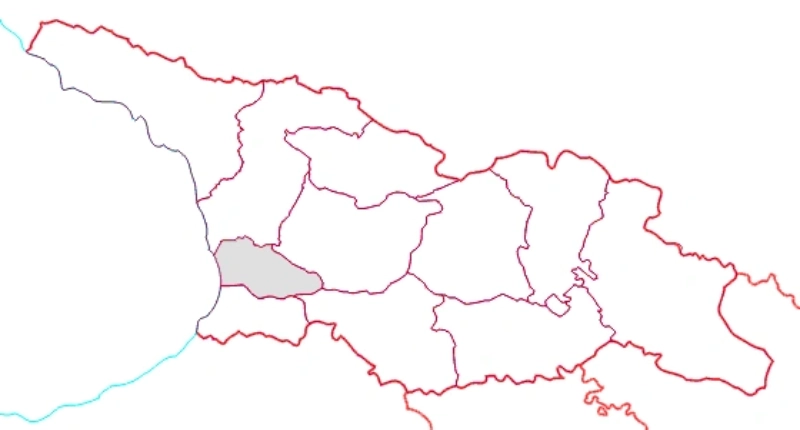Guria is a region in western Georgia, known for its picturesque landscapes, rich cultural heritage, and unique traditions. It is situated along the eastern coast of the Black Sea and is one of the smallest regions in Georgia in terms of area and population.
Geography and Demographics
- Location: Guria is bordered by the Black Sea to the west, Adjara to the south, Imereti to the east, and Samegrelo-Zemo Svaneti to the north. The region is characterized by its hilly terrain and lush greenery.
- Capital: The administrative center of Guria is Ozurgeti.
- Population: Guria has a relatively small population, predominantly composed of ethnic Georgians. The region is known for its close-knit communities and strong local identity.
History and Cultural Significance
- Historical Context: The history of Guria dates back to ancient times, with archaeological findings indicating early settlements in the area. In the medieval period, Guria was an independent principality within the Kingdom of Georgia. It maintained a degree of autonomy even during times of Ottoman and Russian influence.
- Cultural Heritage: Guria has a rich cultural tradition, particularly in music, dance, and oral folklore. The region is famous for the “Gurian polyphony,” a unique form of multi-part singing that is recognized by UNESCO as an Intangible Cultural Heritage of Humanity. The traditional Gurian songs and dances are integral to local festivals and celebrations.
Economy and Lifestyle
- Agriculture: The economy of Guria is largely based on agriculture. The region is known for its tea plantations, citrus fruits, and hazelnut production. It also produces a variety of other crops, including grapes and maize.
- Tourism: While not as heavily developed as in some other parts of Georgia, tourism is growing in Guria. The region offers natural beauty, including mountains, forests, and a coastline along the Black Sea. The spa town of Ureki, known for its magnetic black sand beaches, is a popular destination for both domestic and international tourists.
- Traditional Cuisine: Gurian cuisine is distinct and includes dishes such as “Guruli Gvezeli,” a type of pie filled with boiled eggs and chicken, and “Chikhirtma,” a traditional soup.
Social and Cultural Life
- Festivals and Traditions: Guria is known for its vibrant cultural life, with numerous local festivals celebrating traditional music, dance, and customs. The “Kolkhoba” festival, for example, is a significant cultural event that celebrates the region’s ancient Colchian heritage.
- Education and Language: Georgian is the official language spoken in Guria, with a strong emphasis on preserving local dialects and traditions.
Guria is a region rich in history and culture, with a strong sense of local identity and tradition. Despite being relatively small, it offers a unique blend of natural beauty, cultural heritage, and warm hospitality.




